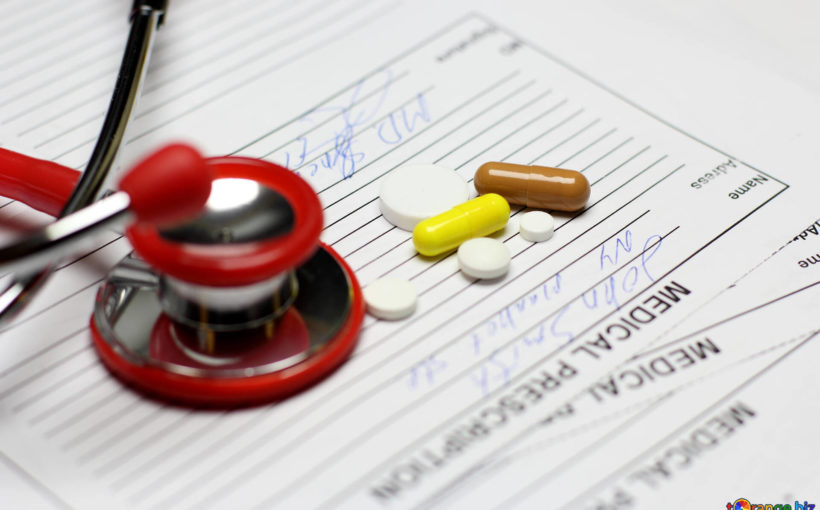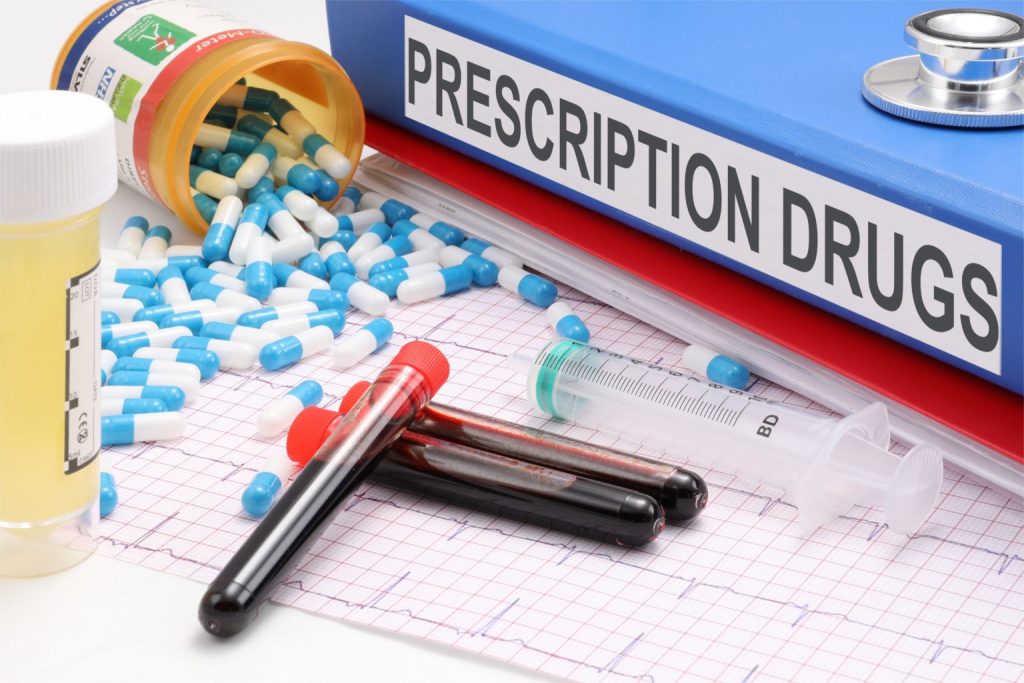Hello, health-conscious readers! If you’ve ever wondered about the validity of a prescription, you’re not alone. It’s essential to know how long your prescription is valid, whether it’s for daily medication or occasional treatments. In this comprehensive guide, we’ll explore the ins and outs of prescription validity, helping you navigate your healthcare journey with confidence.
Decoding Prescription Validity
A prescription serves as a legal document issued by a healthcare provider that authorizes the use of specific medication or medical treatments. To fully understand the validity of a prescription, let’s break it down:
1. Prescription Expiration Date
Every prescription comes with an expiration date. This date signifies the period during which the prescription is considered valid. Once it expires, the pharmacy won’t dispense the medication. The expiration date is determined by your healthcare provider based on several factors:
- The nature of the medication
- Your medical condition
- The treatment plan
2. Medication Type Matters
The validity of a prescription can vary based on the type of medication. Here’s a general guideline:
- Controlled Substances: Prescriptions for controlled substances, such as opioids or certain anxiety medications, typically have a shorter validity. In many states, they’re valid for only 30 days.
- Non-Controlled Medications: Prescriptions for non-controlled medications, like antibiotics or blood pressure drugs, usually have a longer validity. They may be valid for up to a year.
3. Refill Options
Some prescriptions come with refill options, allowing you to get multiple supplies of medication without needing a new prescription each time. However, the number of refills permitted is determined by your healthcare provider. Be sure to check the prescription label or ask your pharmacist for this information.
Navigating Prescription Renewals

As your prescription’s expiration date approaches, it’s essential to plan for a renewal to ensure uninterrupted access to your medication. Here’s what you need to know:
1. Schedule a Follow-up Appointment
If you’re nearing the end of your prescription’s validity, schedule a follow-up appointment with your healthcare provider. During this visit, your provider will evaluate your progress, assess the medication’s effectiveness, and decide whether to renew the prescription or make adjustments to your treatment plan.
2. Communicate Changes
Be open and honest with your healthcare provider about any changes in your health, including new symptoms, side effects, or concerns. This information is crucial in determining the best course of action for your treatment.
3. Timely Renewal
It’s crucial to renew your prescription before it expires to prevent any interruptions in your treatment. Some pharmacies offer automatic prescription refills or reminders, so be sure to ask your pharmacist about these services.
4. Travel Considerations
If you plan to travel and need to carry your medication with you, check the laws and regulations of your destination. Some medications may be considered controlled substances in certain areas, requiring additional documentation.
The Role of Your Pharmacist
Pharmacists play a pivotal role in ensuring the validity of your prescription. Here’s how they can assist you:
1. Verification
Pharmacists carefully verify the details of your prescription, including the medication name, dosage, and the prescribing healthcare provider. They also check the expiration date to ensure it’s still valid.
2. Communication
If there are any concerns or discrepancies with your prescription, your pharmacist will communicate with your healthcare provider to resolve them promptly. Your safety is their top priority.
3. Medication Counseling
Pharmacists provide valuable information about your medication, including proper usage, potential side effects, and any precautions you should take. Feel free to ask questions to ensure you’re well-informed.
Telemedicine and Prescription Validity
In recent years, telemedicine has gained popularity as a convenient way to access healthcare services. It’s essential to understand how telemedicine impacts prescription validity:
1. Telemedicine Prescriptions
Telemedicine allows you to consult with healthcare providers remotely, and they can prescribe medication during these virtual visits. These prescriptions follow the same rules of validity as in-person prescriptions.
2. State Regulations
Keep in mind that prescription validity and regulations may vary from state to state. It’s essential to be aware of your state’s specific guidelines regarding telemedicine prescriptions.
3. Controlled Substances
Prescriptions for controlled substances via telemedicine may be subject to stricter regulations. Always check with your healthcare provider and pharmacist to ensure compliance with state and federal laws.
A Final Word on Prescription Validity
Understanding the validity of your prescription is crucial for managing your healthcare effectively. Remember these key takeaways:
- Know your prescription’s expiration date, and plan for renewals in advance.
- Communicate openly with your healthcare provider about any changes in your health.
- Lean on your pharmacist for verification, information, and guidance.
- Be aware of state regulations, especially when using telemedicine services.
Your prescription is a vital part of your healthcare journey, and staying informed about its validity ensures you receive the treatment you need when you need it. Here’s to your health and well-being!


